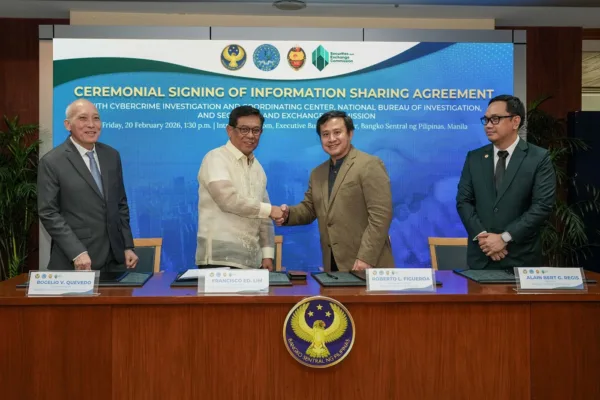The current sustainable finance framework focuses on capital markets and MSMEs normally get external finance from banks. However, bank-based financial systems work differently than market-based financial systems.
Thus, to help boost investments into sustainability, micro, small and medium enterprises (MSMEs) – a crucial part of the economy – must play vital a role. In line with this, the Philippine Monetary Board recently approved the adoption of the Philippine Sustainable Finance Taxonomy Guidelines (SFTG) for banks in its meeting held earlier this month.

The SFTG is a classification tool for identifying whether an economic activity is environmentally and socially sustainable.
“The issuance of a taxonomy is a crucial step in our sustainability journey. It provides high-level guidance in determining the greenness of an investment. But this is just the first step to what I expect will be a long iterative process of calibrating the document to fully capture the conditions of the Philippine economy,” said BSP Governor and Monetary Board Chairman Eli M. Remolona, Jr. in a press statement.
The main focus of the SFTG
This first version of the SFTG focuses on two (2) Environmental Objectives, i.e., climate change mitigation and climate change adaptation.
According to BSP, future iterations will cover biodiversity and circular economy.
The SFTG uses the traffic light system, i.e., “Green,” “Amber”, or “Red,” in classifying an activity.
“Green” is for an SFTG-aligned activity, “Amber” is for partially aligned, and “Red” is for not aligned.
An “Amber” classification includes activities that are in transition to remedy an actual or potential harm done. This also includes activities that are considered enablers of climate change mitigation and adaptation objectives.
Meanwhile, a “Red” classification means that the activity does not meet the higher ambitions of the SFTG, but these activities may still be eligible for ‘unlabeled’ financing.
Recognizing the important role of MSMEs in the economy
The taxonomy provides a simplified approach to assess the economic activities of micro, small and medium enterprises (MSMEs). This recognizes the important role of MSMEs in the economy and aims to promote financing to the sector.
The BSP provides an observation period until the end of 2024 to give banks ample time to increase familiarity and understanding of the SFTG principles. During this period, a pilot testing exercise will be conducted in partnership with the industry.
The results of the exercise will also inform the development of additional guidance on the use of the taxonomy.
The SFTG is aligned with the country’s national policies and strategies and is consistent with the regional ASEAN Taxonomy for Sustainable Finance.
It operationalizes one of the recommendations in the Philippine Sustainable Finance Roadmap, which was released in October 2021 by the Inter-agency Technical Working Group on Sustainable Finance or the Green Force.







